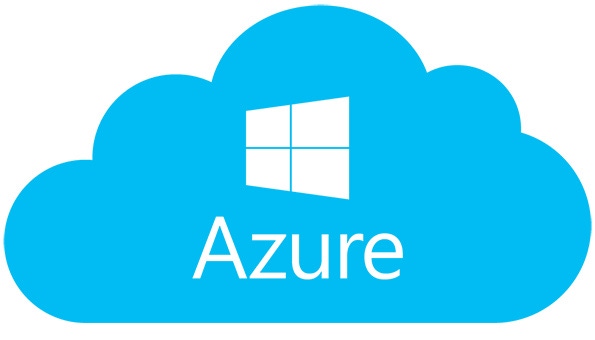Microsoft's Azure Machine Learning Tools Aim to Boost AI in the EnterpriseMicrosoft's Azure Machine Learning Tools Aim to Boost AI in the Enterprise
New tools for Azure AI aim at making the process of developing and deploying new tools for developers and data scientists, business domain experts, and IT experts who want to upskill to AI and machine learning.
May 2, 2019

Tech companies are nearly united in their agreement that machine learning and artificial intelligence are the next big growth opportunity in the enterprise. However, a company's ability to incorporate AI into its technological portfolio is limited by two things: the tools they can use and the skills of the workforce they can attract. Microsoft is addressing this with a new suite of AI tools to assist the enterprise.
"As part of our commitment to make Azure AI the best platform to build AI services and applications, we are developing new tools and capabilities for developers and data scientists," said Microsoft's corporate VP of communications Frank Shaw. "Azure Machine Learning helps data scientists and developers build and train AI models faster, then easily deploy those models to the cloud or the edge."
The company is rolling out a number of new technologies for data scientists and developers. These include:
A new category in its Azure Cognitive Services. This category, called “Decision,” will deliver users a specific recommendation for more informed and efficient decision-making. This category includes Content Moderator, the recently announced Anomaly Detector, and a new service called Personalizer, which uses reinforcement learning.
The general availability of cognitive search capability in Azure Search. This will allow customers to apply Cognitive Services algorithms to their structured and unstructured content.
A preview of a capability to store AI-derived insights from a cognitive search for use in Power BI visualizations or machine learning models.
Microsoft is also making machine learning tools available. It's announcing four technologies aimed at making building and deploying machine learning models simpler for enterprise users:
MLOps capabilities with Azure DevOps integration provides developers with reproducibility, auditability and automation of the end-to-end machine learning lifecycle.
Automated ML advancements and an intuitive UI make developing high-quality models easier.
Visual machine learning interface provides no-code model creation and deployment experience with drag-and-drop capabilities.
These products illustrate Microsoft's approach to making machine learning and AI accessible to as wide a customer base as possible.
Bharat Sandhu, director of artificial intelligence at Microsoft, says the company thinks of AI practitioners in three categories. The first two are developers and data scientists who like to write code, and business domain experts who may know a lot about data, but they don’t know much about machine learning or code.
“A third category of people, who are learning machine learning concepts, they want to make their own models, but they are not coders. This could be IT professionals, or folks with background in statistics or mathematics,” Sandhu said. “For those customers, we're offering a drag-and-drop experience to make models visually.”
Read more about:
MicrosoftAbout the Author
You May Also Like








.jpg?width=700&auto=webp&quality=80&disable=upscale)
